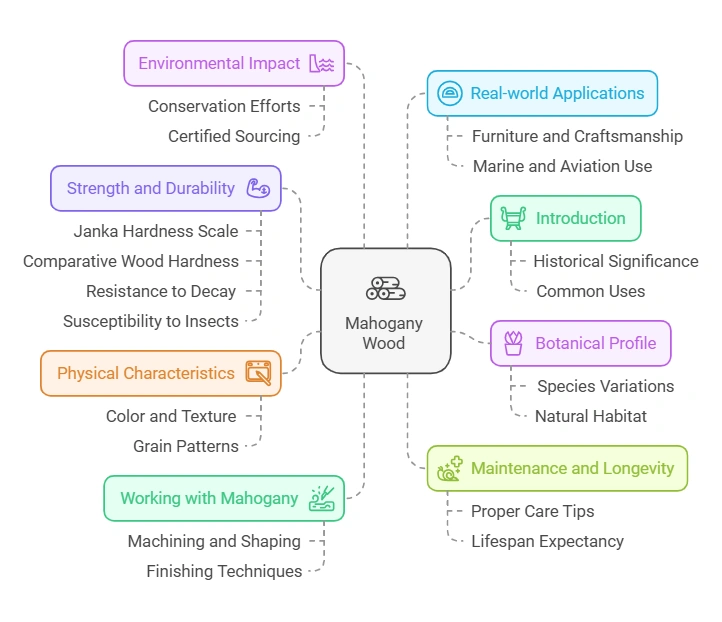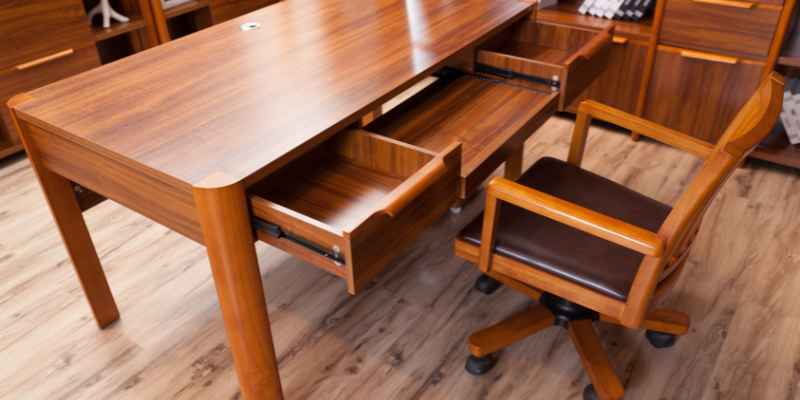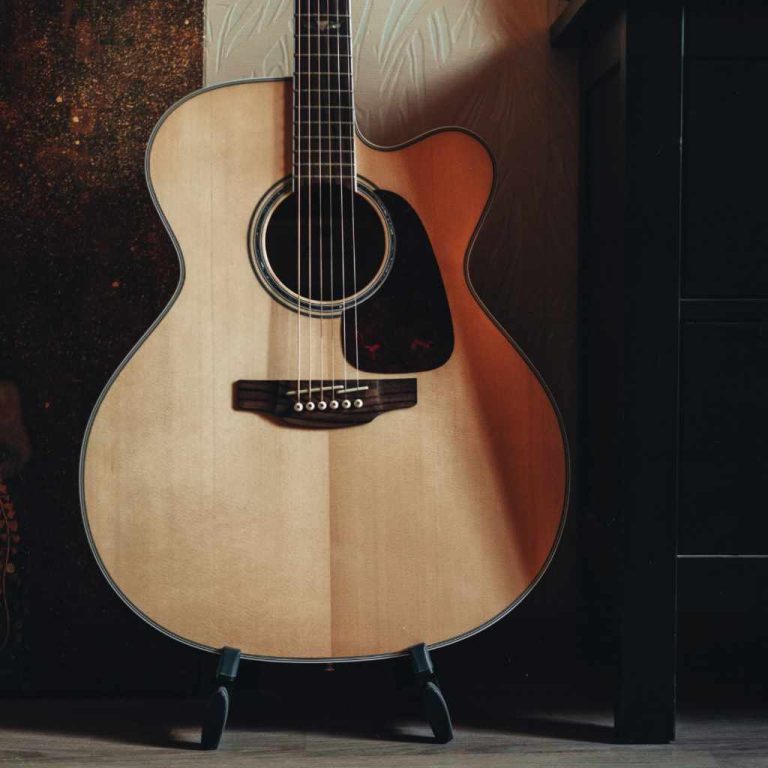How Strong is Mahogany Wood: Unveiling Its Durability
Mahogany wood is known for its strength and durability. It ranks around 1,100 to 1,300 on the Janka hardness scale, making it a robust choice for furniture.
Mahogany is a prized hardwood that has captivated woodworkers and furniture makers for centuries. Its rich color and fine grain make it visually appealing, while its remarkable strength ensures longevity. This wood is resistant to warping and decay, making it suitable for various applications, from cabinetry to outdoor furniture.
Mahogany’s natural oils provide added protection against pests, enhancing its durability. Many artisans appreciate its workability, allowing for intricate designs and smooth finishes. Whether you’re considering it for a new project or a timeless piece, understanding mahogany’s strength and characteristics can help you make an informed decision.
Introduction To Mahogany Wood
Mahogany wood is renowned for its beauty and strength. It comes from tropical trees, primarily in Central and South America. This wood has a rich, reddish-brown color and a fine grain. Its durability makes it a favorite in furniture making and other applications. Understanding its properties and history helps appreciate mahogany even more.
Historical Significance
Mahogany wood has a long history. It became popular in the 18th century. Sailors used it for shipbuilding due to its resistance to rot. Wealthy families favored mahogany for elegant furniture.
- Used in the construction of historic ships
- Preferred by artisans for fine furniture
- Symbol of wealth and status
Today, mahogany is still valued. Its historical significance adds to its allure. Many antique pieces are made from this beautiful wood.
Common Uses
Mahogany wood has various uses due to its strength and beauty. Here are some common applications:
| Use | Description |
|---|---|
| Furniture | Dining tables, chairs, and cabinets |
| Musical Instruments | Guitars, pianos, and drums |
| Boat Building | Durable hulls and interiors |
| Decorative Items | Carvings, picture frames, and veneers |
Mahogany’s strength makes it ideal for these uses. It resists wear and tear well. This wood also takes stains and finishes beautifully.

The Botanical Profile Of Mahogany
Mahogany wood is well-known for its beauty and strength. Understanding its botanical profile helps appreciate its qualities. This profile includes various species and their natural habitats.
Species Variations
Mahogany wood comes from several species. Each species has unique traits. Here are some of the most common:
| Species Name | Characteristics |
|---|---|
| Swietenia macrophylla | Commonly known as Big-Leaf Mahogany. It’s the most popular type. |
| Swietenia mahagoni | Known as West Indian Mahogany. It has a rich reddish-brown color. |
| Swietenia humilis | Also called Spanish Mahogany. It’s smaller and less dense. |
Natural Habitat
Mahogany trees thrive in tropical regions. They prefer warm, humid climates. Here are some key habitats:
- Central America
- South America
- The Caribbean
These areas provide rich soil and rainfall. Mahogany trees can grow up to 150 feet tall. They often form dense forests, creating a unique ecosystem.
Physical Characteristics
Understanding the physical characteristics of mahogany wood is essential. This wood is known for its beauty and durability. Let’s explore its color, texture, and grain patterns.
Color And Texture
Mahogany wood displays a rich, warm color. It ranges from a light pinkish-brown to a deep reddish-brown. The texture is smooth and even, enhancing its appeal.
- Light shades: Pinkish-brown
- Medium shades: Reddish-brown
- Dark shades: Deep brown
The smooth texture makes it easy to finish. It takes stains and finishes very well. This quality adds to its popularity in furniture making.
Grain Patterns
Grain patterns in mahogany are unique. They often feature straight, interlocking lines. Some pieces may show wavy or curly grains.
| Grain Type | Description |
|---|---|
| Straight Grain | Classic look, easy to work with |
| Wavy Grain | Unique patterns, adds character |
| Curly Grain | Beautiful visual effects, highly sought after |
These grain patterns make each piece of mahogany unique. Craftsmen appreciate this wood for its beauty and versatility.
Measuring Mahogany’s Strength
Understanding the strength of mahogany wood is vital for builders and designers. Its durability and beauty make it a popular choice. Let’s explore how we measure its strength.
Janka Hardness Scale
The Janka Hardness Scale measures wood’s resistance to wear and denting. It uses a simple test:
- A steel ball is pressed into the wood.
- The force required to embed the ball halfway is measured.
Mahogany scores around 1,500 LBF on the Janka scale. This score indicates good strength. It resists dents and scratches well.
Comparative Wood Hardness
Comparing mahogany to other woods shows its strength. Here’s a quick overview of some popular woods:
| Wood Type | Janka Hardness (LBF) |
|---|---|
| Mahogany | 1,500 |
| Oak | 1,290 |
| Pine | 690 |
| Maple | 1,450 |
From the table, mahogany stands strong. It outperforms pine and is close to maple. Builders favor mahogany for its balance of strength and beauty.
Durability Factors
Mahogany wood is known for its impressive durability. Several factors contribute to this. Understanding these factors helps in choosing the right wood for your projects.
Resistance To Decay
Mahogany displays excellent resistance to decay. This quality stems from its natural oils. These oils protect the wood from moisture and rot.
Here are some key points:
- Natural oils fight fungal growth.
- Stable structure resists warping.
- Lasts longer in outdoor conditions.
Due to these factors, mahogany wood is ideal for furniture and outdoor structures.
Susceptibility To Insects
Mahogany has moderate susceptibility to insects. Termites and other wood-boring insects can pose a threat. However, its natural oils deter some pests.
Key points about insect resistance:
- Natural oils repel some insects.
- Regular maintenance reduces pest issues.
- Coatings can offer extra protection.
Choosing treated mahogany can enhance its resistance to insects.

Working With Mahogany
Mahogany wood is a popular choice among woodworkers. Its strength and beauty make it ideal for various projects. Understanding how to work with mahogany enhances its natural qualities.
Machining And Shaping
Machining mahogany is straightforward due to its workability. Here are some key points:
- Easy to Cut: Mahogany cuts smoothly with minimal effort.
- Minimal Splintering: It resists splintering during cutting.
- Tools: Use sharp blades for best results.
Consider the following tips for shaping mahogany:
- Use a jigsaw or bandsaw for curves.
- Employ a router for clean edges.
- Sand with finer grits for a smooth finish.
Finishing Techniques
Finishing mahogany enhances its appearance. Here are effective techniques:
| Technique | Description |
|---|---|
| Staining | Enhances the natural color and grain. |
| Varnishing | Adds a protective layer and shine. |
| Oiling | Deepens color and brings out grain. |
Always allow each layer to dry fully. This ensures a smooth, durable finish. Enjoy the beauty and strength of mahogany in your projects.
Maintenance And Longevity
Mahogany wood is known for its strength and beauty. Proper maintenance ensures it lasts a long time. With the right care, mahogany can remain stunning for generations.
Proper Care Tips
Taking care of mahogany wood is simple. Follow these tips to keep it in great shape:
- Clean Regularly: Dust with a soft cloth. Avoid harsh chemicals.
- Use a Wood Conditioner: Apply every few months. This keeps the wood hydrated.
- Avoid Direct Sunlight: Place furniture away from windows. Sun can fade the color.
- Control Humidity: Keep the environment stable. High humidity can cause warping.
- Repair Scratches: Use a matching wood stain. This helps maintain its appearance.
Lifespan Expectancy
Mahogany wood has a long lifespan. It can last for decades with proper care.
| Type of Mahogany | Lifespan (Years) |
|---|---|
| Honduran Mahogany | 50-150 |
| Philippine Mahogany | 30-50 |
| African Mahogany | 40-60 |
Choose the right type for your needs. Mahogany offers excellent durability and beauty. With good care, enjoy its elegance for many years.
Environmental Impact And Sustainability
Mahogany wood is prized for its beauty and durability. However, its environmental impact is significant. Sustainable practices are crucial to protect our forests. Understanding conservation and certified sourcing is vital for sustainability.
Conservation Efforts
Conservation efforts focus on protecting mahogany forests. These efforts aim to reduce illegal logging and promote responsible harvesting. Key initiatives include:
- Creating protected areas for mahogany trees.
- Engaging local communities in forest management.
- Implementing reforestation programs to restore damaged areas.
Organizations work tirelessly to raise awareness. They educate consumers about the importance of sustainable wood choices. Supporting these efforts helps ensure mahogany remains available for future generations.
Certified Sourcing
Certified sourcing guarantees that mahogany wood comes from sustainable forests. Certification programs, like FSC (Forest Stewardship Council), ensure responsible practices. Benefits of certified sourcing include:
| Benefit | Description |
|---|---|
| Legal Assurance | Wood is sourced legally, reducing illegal logging. |
| Environmental Protection | Promotes the health of ecosystems and biodiversity. |
| Community Benefits | Supports local economies and livelihoods. |
Choosing certified mahogany supports sustainable forestry. It helps protect forests for wildlife and people alike. Make informed choices to promote a healthier planet.
Real-world Applications
Mahogany wood is prized for its strength and beauty. It has many real-world uses. From furniture to marine applications, its durability shines through.
Furniture And Craftsmanship
Mahogany is a top choice for furniture makers. Its rich color and grain add elegance. Many pieces stand the test of time. Here are common uses:
- Dining Tables: Sturdy and stylish, perfect for gatherings.
- Cabinets: Durable storage with a classic look.
- Chairs: Comfortable and visually appealing.
- Bed Frames: Strong support for restful sleep.
Craftsmen love using mahogany for intricate designs. Its workability allows for detailed carvings. This wood holds finishes well, making it ideal for high-end items.
Marine And Aviation Use
Mahogany wood excels in marine and aviation settings. Its resistance to moisture makes it perfect for boats. Here’s how it’s used:
| Application | Benefits |
|---|---|
| Boat Building | Strong and resistant to water damage. |
| Aircraft Interiors | Lightweight yet sturdy, adds luxury. |
Mahogany’s natural oils protect it from decay. This makes it a reliable choice for structures exposed to the elements. It also provides a beautiful finish that enhances any design.

Frequently Asked Questions
How Durable Is Mahogany Wood?
Mahogany wood is known for its exceptional durability. It is resistant to wear, decay, and insect damage. This makes it ideal for furniture, cabinetry, and flooring. With proper care, mahogany can last for decades, maintaining its beauty and strength. Its natural oils contribute to its long-lasting properties.
Is Mahogany Wood Strong?
Yes, mahogany wood is quite strong. Its density gives it a robust structure, making it less prone to warping. This strength allows it to withstand heavy usage without compromising its quality. Many artisans prefer mahogany for fine woodworking projects due to its resilience and durability.
How Does Mahogany Compare To Other Woods?
Mahogany compares favorably to many hardwoods. It is stronger than oak and softer woods like pine. Its natural beauty and rich color set it apart from alternatives. Additionally, mahogany’s resistance to environmental factors enhances its appeal for various applications.
What Is The Best Use For Mahogany Wood?
Mahogany wood is best used for high-end furniture and cabinetry. Its fine grain and rich color make it ideal for elegant designs. It is also popular for musical instruments due to its acoustic properties. Additionally, mahogany is used in boat building due to its water resistance.
Conclusion
Mahogany wood is renowned for its strength and durability. This hardwood is perfect for furniture and cabinetry. Its resistance to decay makes it a favorite among artisans. Understanding its properties helps you make informed choices. Choose mahogany for projects that require both beauty and longevity.
Experience the quality that mahogany offers.







